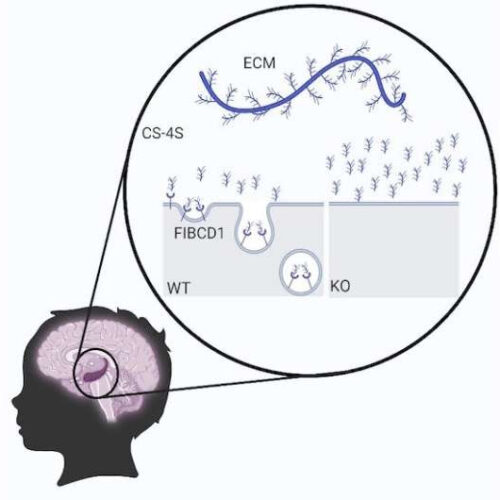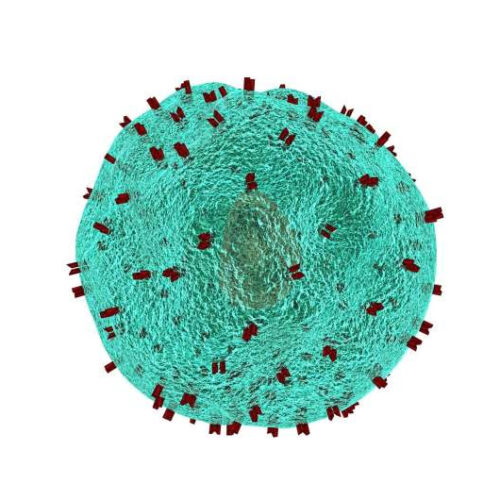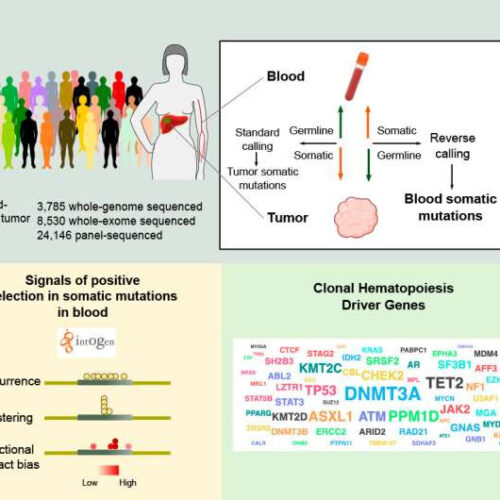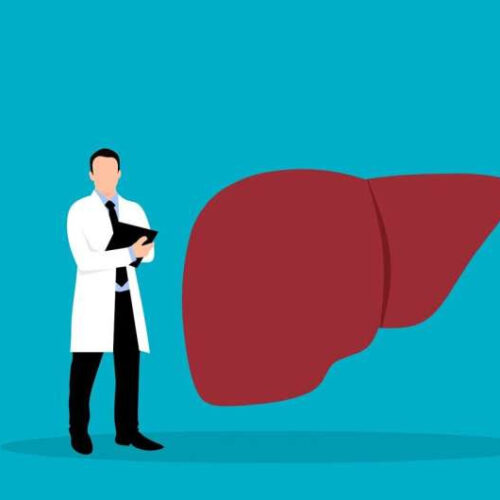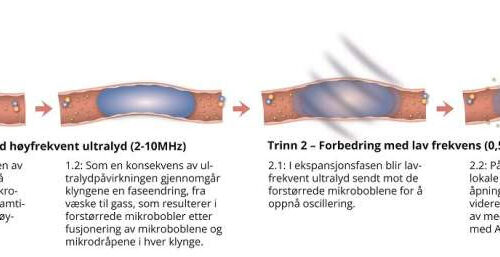by Institute of Molecular Biotechnology (IMBA) Graphical abstract. Credit: EMBO Molecular Medicine (2022). DOI: 10.15252/emmm.202215829 A multidisciplinary study led by Vanja Nagy (LBI-RUD/CeMM/Medical University of Vienna) and Josef Penninger (UBC/IMBA) characterized a novel gene, known as FIBCD1, to be likely causative of a new and rare neurodevelopmental disorder. Using data from two young patients with neurological symptoms,...
What allegations of Alzheimer’s research fraud mean for patients
by John Mamo, The Conversation News of the alleged research fraud is a blow for people living with Alzheimer’s. Credit: Shutterstock Alzheimer’s disease is the most prevalent form of dementia and, with a rapidly aging global population, it is fueling unprecedented demand for costly patient care. There have been an estimated 400 clinical studies since the first Alzheimer’s drug...
How the thymus trains T cells to fight infections
by Cold Spring Harbor Laboratory Credit: CC0 Public Domain T cells are a special class of white blood cells that patrol the body and attack infected or foreign tissue. They learn to distinguish friendly proteins from dangerous ones in an organ called the thymus. However, when T cells mistakenly identify healthy proteins as foreign, it can...
Can we rejuvenate aging brains?
by Bruce Goldman, Stanford University Credit: Pixabay/CC0 Public Domain Neuroscientist Tony Wyss-Coray, Ph.D., has spent 20 years unearthing and examining various molecules with neuroprotective and neurodegenerative properties. These molecules are found in or on different cell types in the brain and on the blood vessels abutting it, or floating in the blood and the cerebrospinal fluid...
Cancer research repurposed to expose age-related blood diseases
by Institute for Research in Biomedicine (IRB Barcelona) Tools and datasets used to identify cancer driver genes could also advance research in clonal hematopoiesis. Credit: IRB Barcelona Clonal hematopoiesis is a biological process in which a blood stem cell (the population that gives rise to a variety of blood cell types) acquires an advantageous mutation and...
An effective new treatment for chronic back pain targets the nervous system
UNIVERSITY OF NEW SOUTH WALES People challenged with chronic back pain have been given hope with a new treatment that focuses on retraining how the back and the brain communicate, a randomised controlled trial run by researchers at UNSW Sydney and Neuroscience Research Australia (NeuRA) and several other Australian and European universities has shown. The...
Liver cancer’s supercharged metabolism offers a new treatment strategy, study suggests
by Perelman School of Medicine at the University of Pennsylvania Credit: Pixabay/CC0 Public Domain Liver cancer’s rapid growth leads to a vulnerability in its energy-production and cell-building processes that may be potently exploited with a new combination-treatment strategy, according to a study from researchers at the Perelman School of Medicine at the University of Pennsylvania. In...
Flare-ups of gout are linked to heart attack and stroke, says new study
UNIVERSITY OF NOTTINGHAM Experts at the University of Nottingham, in collaboration with experts at Keele University, have found that the risk of heart attacks and strokes temporarily increases in the four months after a gout flare. The research showed that gout patients who suffered from a heart attack or stroke were twice as likely to...
Research on recognizing facial emotion expressions could change our understanding of autism
by Flinders University Credit: Unsplash/CC0 Public Domain There’s a common perception that autistic individuals are poor at recognizing others’ emotions and have little insight into how effectively they do so. But Autistic adults are only slightly less accurate at reading people’s facial emotions compared to their non-autistic peers, according to new Australian research. Recent research published in...
Combining ultrasound and bubbles helps medicines reach the brain
by Steinar Brandslet, Norwegian University of Science and Technology The principle of “Acoustic Cluster Therapy”, ACT. Credit: EXACT Therapeutics Luckily, the brain has a filter that protects it and the rest of the central nervous system from foreign elements like pathogens that can damage the tissue. We call this filter the blood-brain barrier. It consists of...

